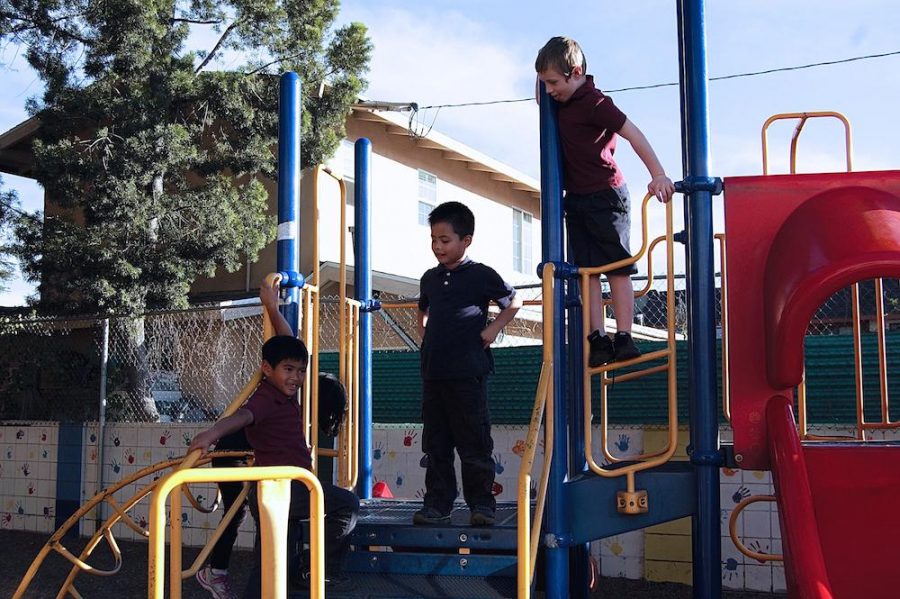(December 20, 2011) — The government currently runs the education system, the power lines and the water supply. You travel on government-run trains, watch government-sponsored television, and receive government-delivered letters. The only problem is that the government does none of these things well. It merely takes the jobs that could be better done by private companies that know what they are doing. The problem is that in its nature, government is spending someone else’s money on other people’s problems. There is no incentive for anyone involved to pay any attention to how much it costs, how well it works, or how quickly it happens. That’s not to say corruption does not exist in private organizations. It does, it’s prevalent, and when it happens, it’s bad, but unlike the government, corporations offer you a choice. If you don’t like how Nike is treating third-world workers, you can feel free to buy your shoes from Adidas. If the government is teaching you badly, you can’t choose not to go to school, and even if you go to a private school, you are still forced to support government schools with tax money. And it’s not just the funding the government provides which leads to ruined services. Currently if you want to send a letter, the only way to do it through the United States Postal Service. With them as the only competitor, they are free to make mistakes, send mail to the wrong houses, and in general fail to create a truly competitive service. Fedex and UPS don’t tend to make these kind of mistakes because they can’t afford to make these kind of mistakes. USPS has a government-granted monopoly over sending letters and they don’t. As a result, these companies have to innovate and have to compete to provide the best services, while the USPS can continue to send letters to the wrong addresses. When a company holds a monopoly, the government does everything it can to split it up and consumers tend to boycott it. However, the fact is, the government is the largest creator of unfair monopolies. When it takes over anything, from school systems to train systems, all it does is create a monopoly, which stops competition, and in the end, stops innovation. Whenever someone tries to support government ownership of anything, they have to believe that it is something that companies and individuals can not do better, but in the end of the day politicians run the government. These people run for office, get elected, and stay in office for as long as possible. It’s usually all they ever do and all they are very good at it. The problem is they are not good for anything else. And though many might fear giving utilities to the control of private companies, it’s not a new idea. In Chile, all water supplies are run by private companies which freely compete with each other. The result is, according to the World Bank Group, one of the most efficient water supply systems in the world. In the United States, the government only allows one company to run electricity distribution per city. As a result, when it gets windy, cities can lose power for a week.
Categories:
Privatize the government’s business
December 20, 2011
More to Discover








